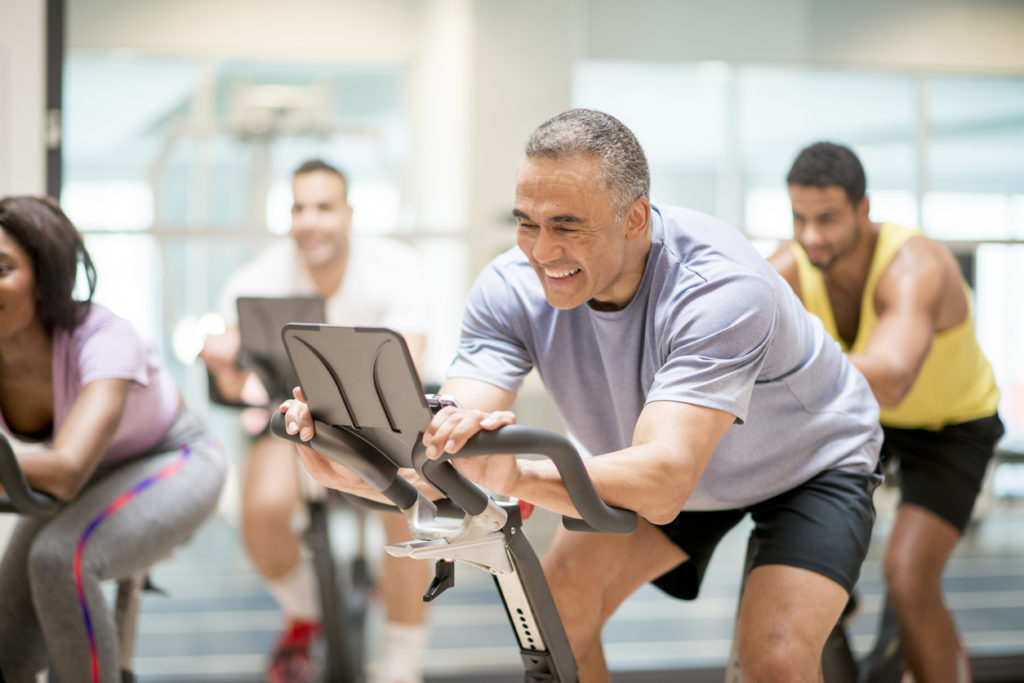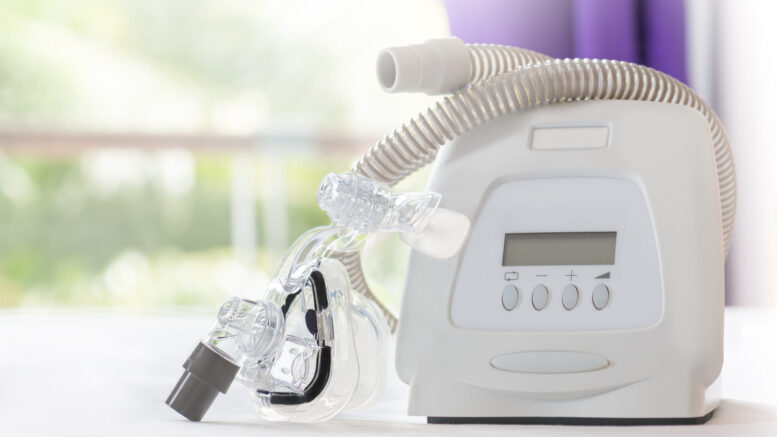As athletes, we all understand the crucial role sleep plays in our daily lives. It is during this time that our bodies rest and recover, enabling us to compete at our highest level. Despite being a condition that affects numerous individuals worldwide, many athletes remain oblivious to the symptoms associated with sleep apnea. The repeated interruptions in breathing patterns during slumber can lead to substandard quality rest, lethargy, and an urge to nap repeatedly throughout the day.
In this article, we will discuss what consequences untreated Obstructive Sleep Apnea (OSA) has amongst sportspersons when striving for optimal performance on the field or track.
Understanding Sleep Apnea and Its Effects
The prevalence rates for sleep apnea in America remain high regardless of age or profession. In fact, as many as 22 million Americans currently suffer from this debilitating illness which significantly impacts their daily lives and routines. What’s more startling is that research suggests nearly one-quarter of athletes face similar symptoms too!
The most common type of sleep apnea, obstructive sleep apnea (OSA), occurs when the airway is partially or completely obstructed, leading to pauses in breathing or shallower breathing during sleep. These obstructions happen when the airway and throat muscles relax during sleep, causing the soft tissues in the throat to collapse in some individuals. This can result in lower oxygen levels in the blood, which can significantly impair an athlete’s performance.
The Effects of Sleep Apnea on Performance During Competitions
The effects of sleep apnea on athletes can be substantial, particularly during competitions. A significant impact is the reduction in endurance and cardiovascular function. Studies reveal that athletes diagnosed with sleep apnea have lower peak oxygen uptake levels, resulting in faster exhaustion during high-intensity workouts. This can affect their competition performance and ultimately affect their overall ranking.
Apart from the physical effects mentioned earlier, sleep apnea can also lead to a decrease in decision-making capabilities and slower reaction times of athletes. Studies suggest that athletes with sleep apnea have exhibited slower reaction times and reduced ability to make quick and accurate decisions. This can be particularly hazardous for high-speed sports like cycling, soccer, and basketball.
The Importance of Managing Sleep Apnea for Athletes
For athletes to perform at their very best, managing sleep apnea is crucial. Treatment options for sleep apnea vary from a change in lifestyle habits to medical interventions. Athletes can improve their sleep apnea through a combination of diet and exercise, which includes limiting alcohol intake, weight management, and avoiding sleep aids.
For moderate to severe cases, Continuous Positive Airway Pressure (CPAP) machines are an effective solution that increases airflow using air pressure delivered via a mask worn over the nose or mouth. Other treatment options such as oral appliances, positional therapy, and surgery are also available to athletes suffering from sleep apnea.
Common Treatments for Sleep Apnea in Athletes
Sleep apnea CPAP machines are the most common treatment option for sleep apnea. They work by increasing the air pressure in the throat to keep the airway open during sleep. This reduces the number of apneas and hypopneas experienced during sleep, leading to an increase in oxygen levels and better sleep quality.

Oral appliances are another treatment option for sleep apnea, where they work by positioning the jaw to keep the airway open during sleep. They look similar to sports mouthguards and are customized to the individual’s mouth shape, resulting in greater comfort and effectiveness.
Tips for Athletes to Improve Their Sleep Quality
To improve their sleep quality, athletes can make simple changes to their bedtime routines. Some tips include avoiding stimulants like caffeine and alcohol, reducing screen time before bed, keeping the bedroom cool, and maintaining a regular sleep schedule. Also, athletes should avoid eating heavy meals before bedtime to reduce the likelihood of acid reflux, which can lead to disrupted sleep.
Conclusion
Sleep apnea is a common sleep disorder that affects athletes’ performance during competitions. With the right treatment, athletes can control and manage sleep apnea to increase their endurance and cardiovascular function, improve their reaction times and decision-making skills, and ultimately impact their overall performance. By being proactive and making simple changes to their lifestyle, athletes can improve their sleep quality and achieve their goals.
